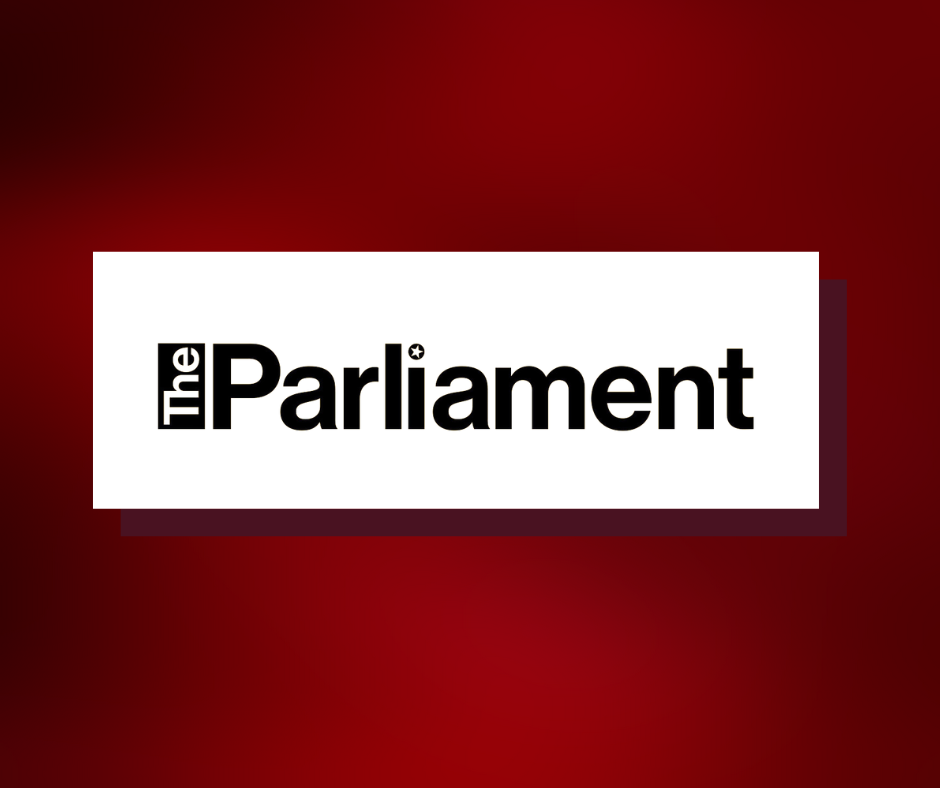New Consumer Champs survey is the perfect opportunity for EU policymakers and consumers to make their voices heard
The new Consumer Champs survey can act as an important tool heading in the upcoming European elections where consumers can learn more about their candidates and hold them to account on any given issue
More than ever, European consumers need political figures who can rise to the challenges of these turbulent times. Between the 6th and 9th of June of this year, voters across the European Union’s 27 countries will get to choose 751 new members of the European Parliament to represent their interests. Any candidate for the position must be prepared to face a cavalcade of issues ranging from ongoing rampant inflation and the cost of living crisis to keeping a steady supply of energy for ordinary Europeans’ homes in the context of Russia’s unjustified and illegal invasion of Ukraine. At the same time, they would need to understand and harness the potential of new technologies like artificial intelligence or new agricultural genomic techniques if they want to leave a prosperous and better future for consumers.
Identifying political figures who fulfill all these criteria may seem like a Herculean task. There are thousands of potential candidates whose stances might remain unknown to the ordinary voter. In addition, each policy topic vital to consumers is complicated in its own right, and mastering them all is virtually impossible.
Fortunately, the Consumer Choice Center has been working hard to put together Consumer Champs, an upcoming comprehensive survey of prospective MEPs. It uses a battery of questions related to topics such as openness to trade, digital policies, food security, and the causes of inflation to rank candidates by their willingness to fight for consumer rights and freedoms.
The survey solves many of the issues with identifying worthy representatives for European consumers. On the one hand, it is the perfect occasion for candidates to express their policy opinions transparently. This way, everyone can see whether politicians are more attached to defending a bureaucratic status quo or are genuinely invested in empowering individual consumers to make choices for themselves. Alternatively, less well-known contenders can use the questionnaire to state their case in front of a larger audience and tout their consumer-friendly credentials in the rankings.
However, it is consumers who have the most to gain from the project, both when it comes to information and their engagement with politics. At a minimum, the survey results will be featured on the Consumer Champs website and thus provide a reliable online source of candidates for any voter to consult (reducing the unknown factor of the election). More so, consumers can act and hold candidates in their constituency accountable for their policy ideas, pressure them to take consumer concerns more seriously or nominate a different person they believe should be a Consumer Champion.
The ideal candidate is aware of the multiple causes of inflation, including the harmful effects of politically convenient subsidies and extra taxes on consumers’ livelihoods. They understand that a stable and secure energy sector requires technology neutrality and a dynamic regulatory setting that allows prices to work and market competition to benefit consumers. The best candidate understands the risks associated with artificial general intelligence but also acknowledges the enormous benefits the technology brings by creating a pro-innovation tech environment. They practice reasonableness regarding food norms – if older mutation techniques are allowed, then much more expensive modern tools like new genomic techniques should be permitted, too. Consumers deserve such MEPs, and Consumer Champs helps find them.
Read the original article here



